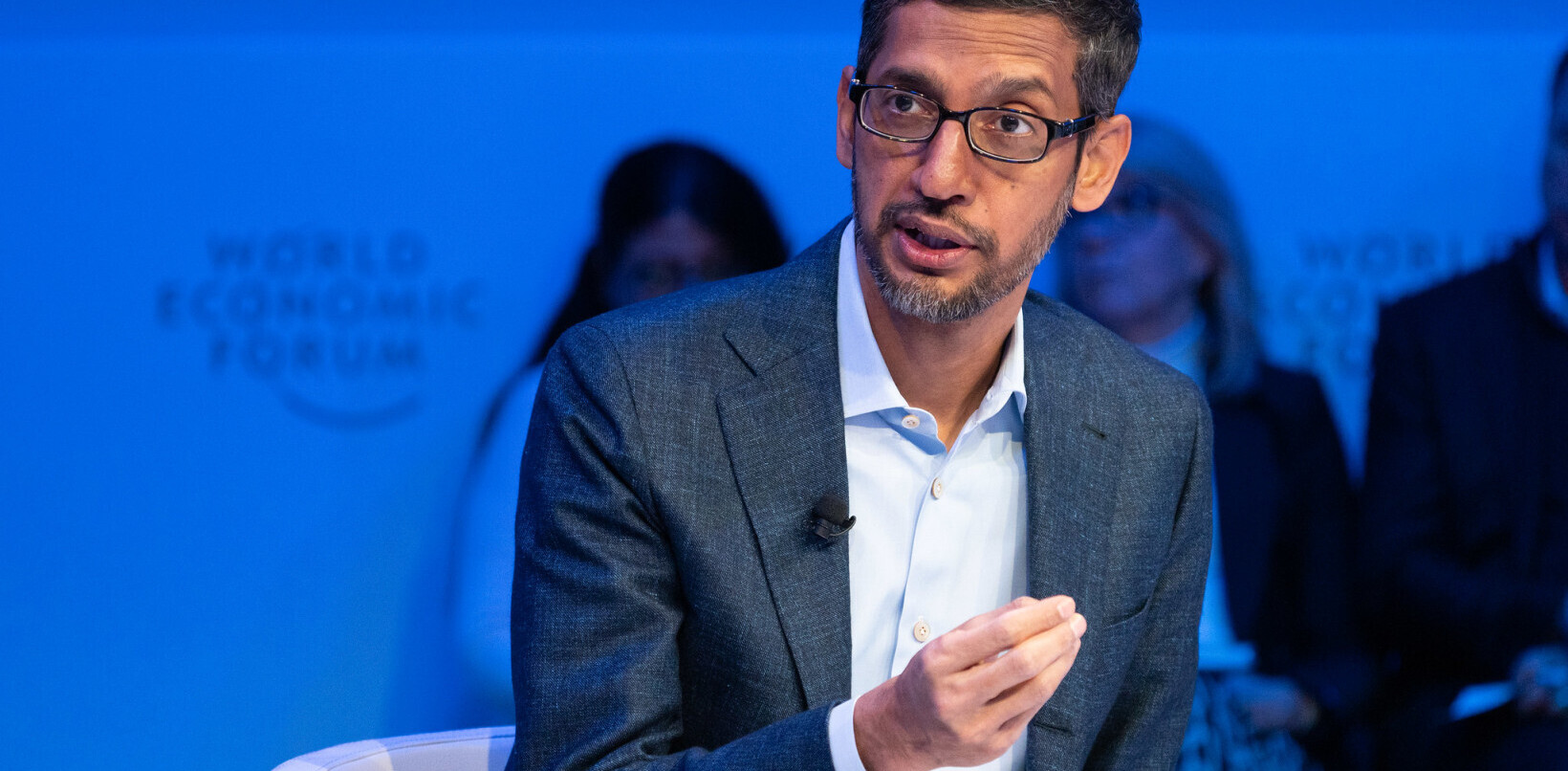
Google has rejected the newly formulated Indian Internet rules, stating this could impede its operations and those of other companies in India as they could potentially become liable for questionable content published by third parties which could cause the company a “great harm” in terms of huge fines or even imprisonment.
These regulations which were finalized last month, forbids any user to “host, display, upload, modify,publish, transmit, update or share any information that is grossly harmful, harassing, blasphemous, defamatory, invasive of another’s privacy or racially and ethnically objectionable” and the website will be held responsible for removing it within 36 hours after a government notification. However, the definition of what is “harmful” or “blasphemous” is not clear yet and it could be easily interpreted in any way the Indian authorities wants.
According to a report from WSJ, Google has already started getting demands from Indian authorities to remove offensive content that speaks ill of leading politicians and expressed unhappiness over the new rules.
In a confidential memo to Indian regulators, Google said:
Internet companies play a crucial role in determining how free a medium of communication the Internet will be for the world’s peoples, especially the millions of Indians who are increasingly making use of it in their everyday lives.”
Further, Google said the Internet rules was too constrained and bans all the content that might not be illegal under Indian Law. Instead, Indian Government should replace these provisions by enforcing a ban on all the content that violates the law.
That aside, Google however still plans to remain in India and continue its operations with a hope to see a change in the Internet rules and the way it is enforced in the near future, after the ministry spokesperson told they will be issuing a “clarification” on the IT Rules.
Update: The Ministry of Information Technology has issued a statement to WSJ stating:
“There is no intention of the Government to acquire regulatory jurisdiction over content under these Rules…. The Government has been forward looking to create a conducive environment for the Internet medium to catapult itself onto a different plane with the evolution of the Internet. The Government remains fully committed to freedom of speech and expression and the citizen’s rights in this regard”.
Get the TNW newsletter
Get the most important tech news in your inbox each week.




